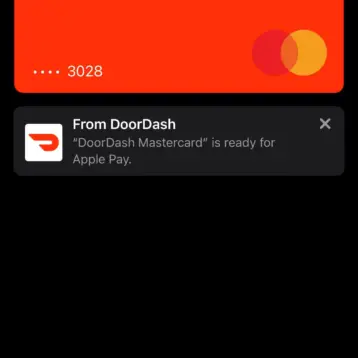You turn on your computer and you are prompted for a username and password. The same happens when you open your email account. I know it is rather obvious to you right now, but allow me to emphasize the importance of cybersecurity through having password protected files, networks, and software applications. It’s crucial to protect your data.
You have a bundle of personal emails from acquaintances and from time to time send some yourself, but a lot of your emails in your inbox are spam and other promotional garbage. So why should you care that much? Those who are capable of gaining access to your email accounts may not be satisfied with that level of assault and are just preparing for a much greater invasion.
Before you know it, they may capture data about your social security number or bank accounts. Your emails contain loads of information which can be utilized by hackers to their advantage.
Having an effective password installed is consequently a good deterrent for hackers or attackers. It assures that suitable authentication is verified first before you gaining access to personal data. It’s therefore important that your makeup a sound password. A poorly made password will just be ineffective and useless against hackers.
For example, using part of your name as a password would be merely too easy to break. It won’t be a hindrance in the least. To add to this, there are applications like computer virus and worms that can penetrate a secure or confidential system just because it has a weak used password.
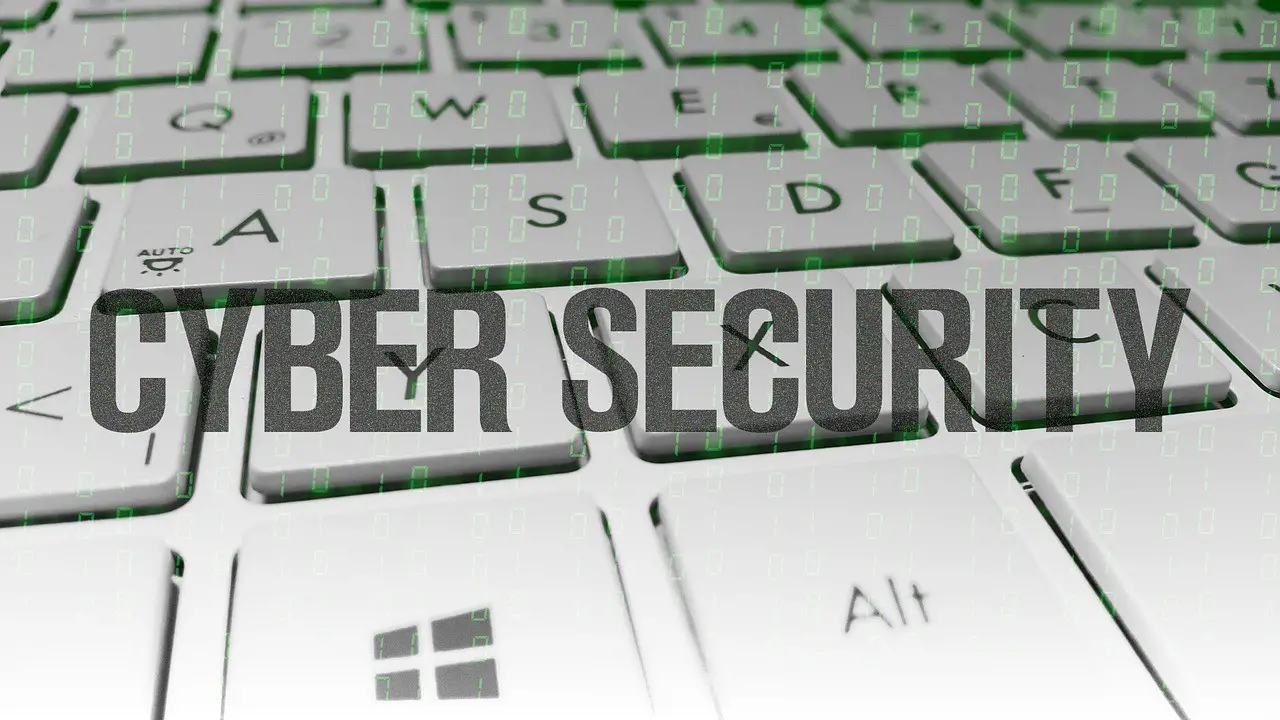
Example of weak passwords, apart from a derivative from your name, could be using numbers that coincides with birthdays, telephone numbers, addresses and data about your family or stuff. Certainly, these are easily remembered, but that thinking will likewise cause you problems later on. These forms of numeric passwords are easily solved. The same thing applies to dictionary-based passwords which are those words that you collected from a dictionary.
Now in inventing your password, it would be a great deal better if you use combinations of letter, numbers and additional techniques. You could intentionally misspell the words so you will not fall for dictionary attackers. You’ll be able to add numbers and a combination of upper and lower cases.
You can abbreviate something that you love like, “watching soap shows on TV” you can choose the first letters of the word “WsSoT” and blend it with relevant numbers. Not only would the acronym be easy to recall but it would be difficult for hackers to break. However, stave off using famous quotes, catchphrases, lyrics, poems and pick up lines. Try for something you fabricated.
Also, keep in mind that to have a longer password is best. The more characters you have, the tougher it is to guess or the harder to decode the combinations. Also, do not use the same password twice for your additional accounts. While this is rather tempting because you do not have to create a new one and remember it every time, once an attacker gets a password from one of your accounts, then the next step he will do is to try the same password for all your other accounts like banking, email, social, etc.
Cybersecurity commences with you. Keeping your personal information secure relies first on password protected access to your data file, programs, and networks. Having a proper and strong password will ward off attackers.
About the Author: Carol James is an EssayLab writer and senior editor. She has MA degree in social sciences and is an excellent specialist in this field. Moreover, Carol writes articles, reviews on the different actual subjects. So, if you have any questions regarding the writing, feel free to ask her!

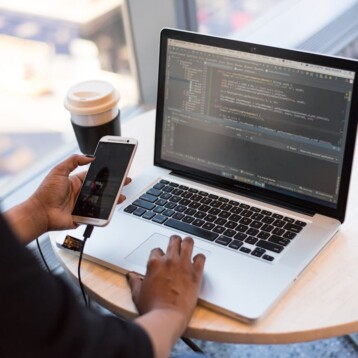

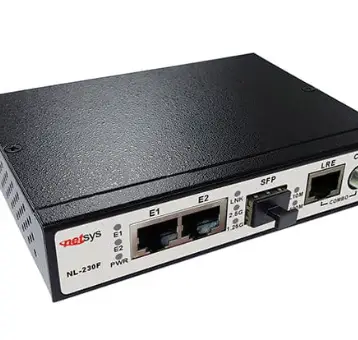
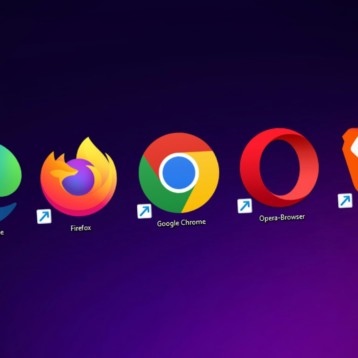


![10 Top Game Sites Not Blocked By School [2024 Updated]](https://thefutureofthings.com/wp-content/uploads/2024/10/image-25-358x358.png)

